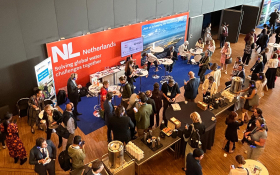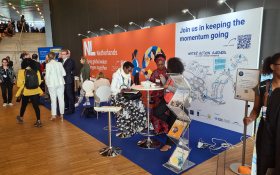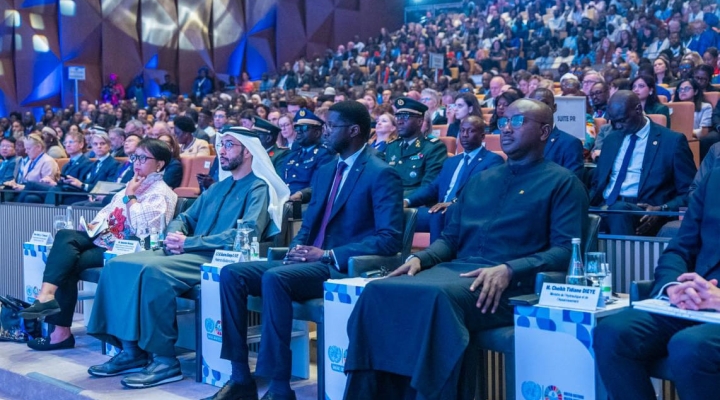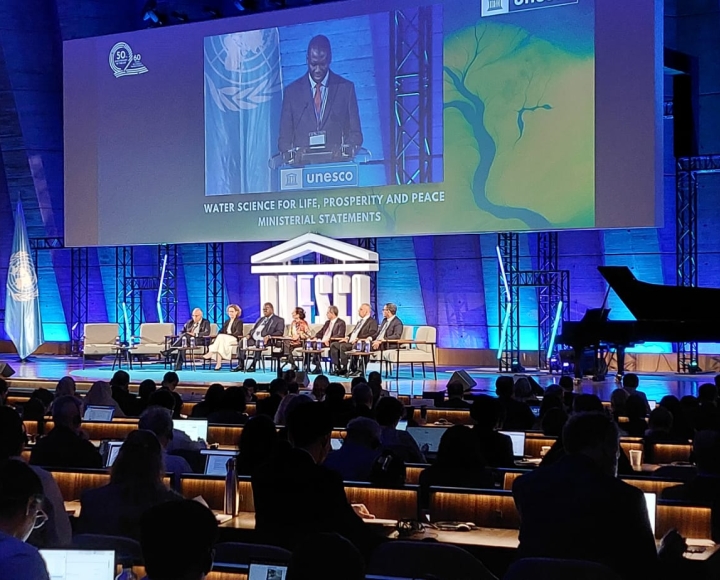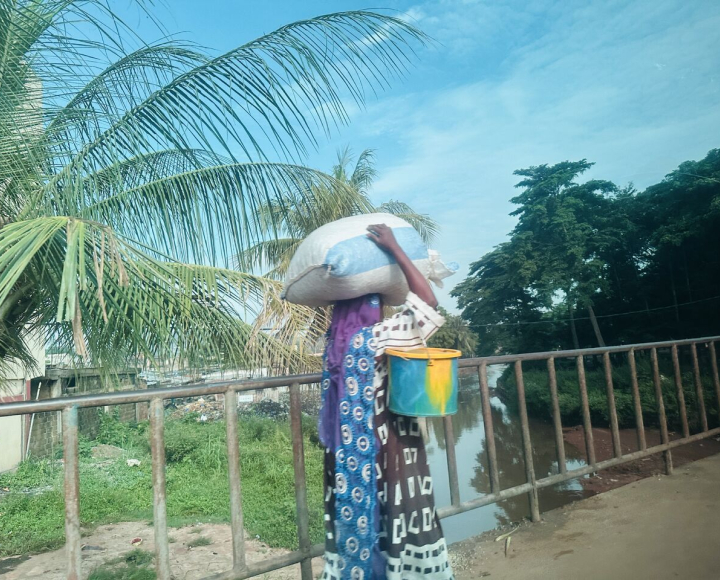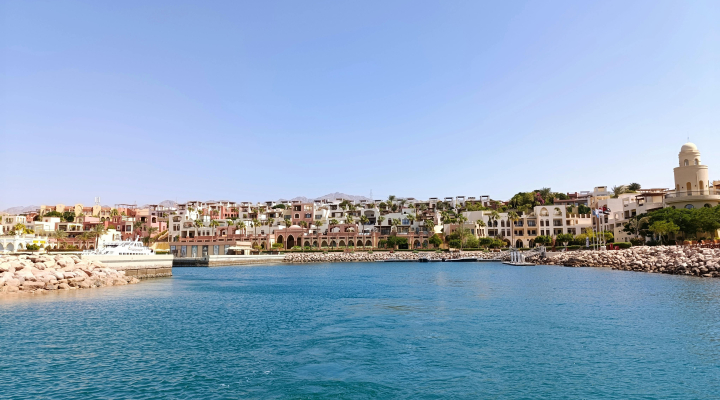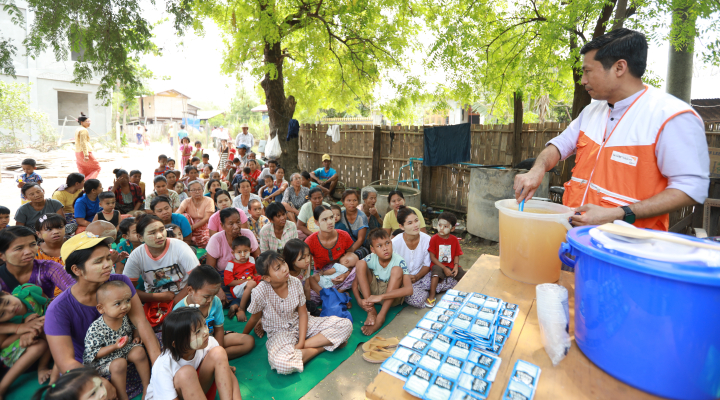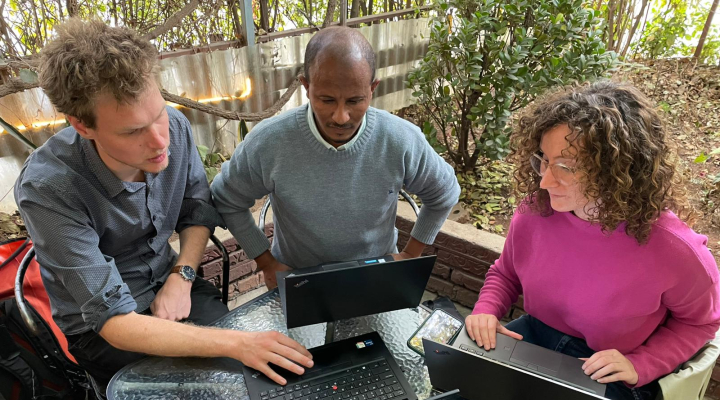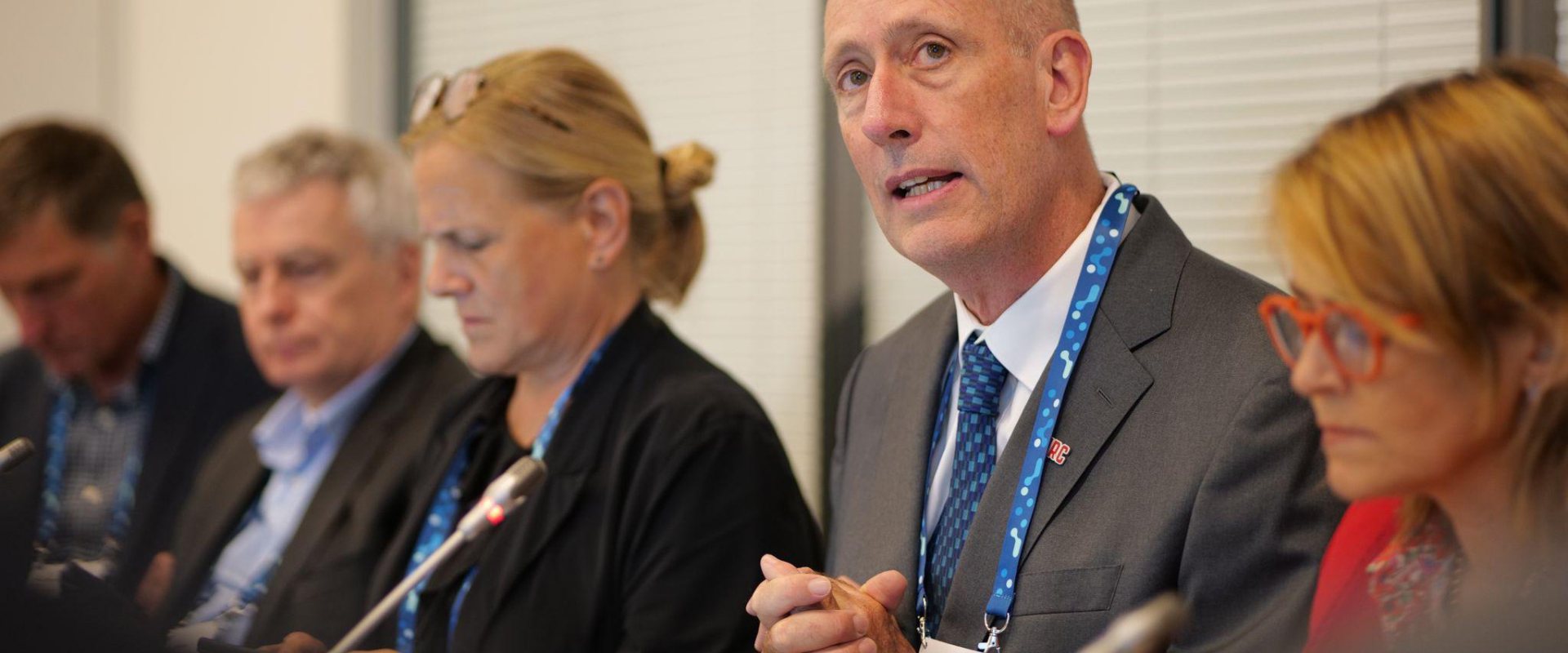
Big boost to WASH system building at Stockholm World Water Week
The governments of Malawi and South Sudan announced the launch of Presidential Compacts on Water and Sanitation during a meeting of the Heads of States Initiative held at the Stockholm World Water Week on 21 August. With these Compacts, Malawi and South Sudan recognise, on the highest political level, that water, sanitation and hygiene (WASH) must be seen as services and that they require a systemic approach.
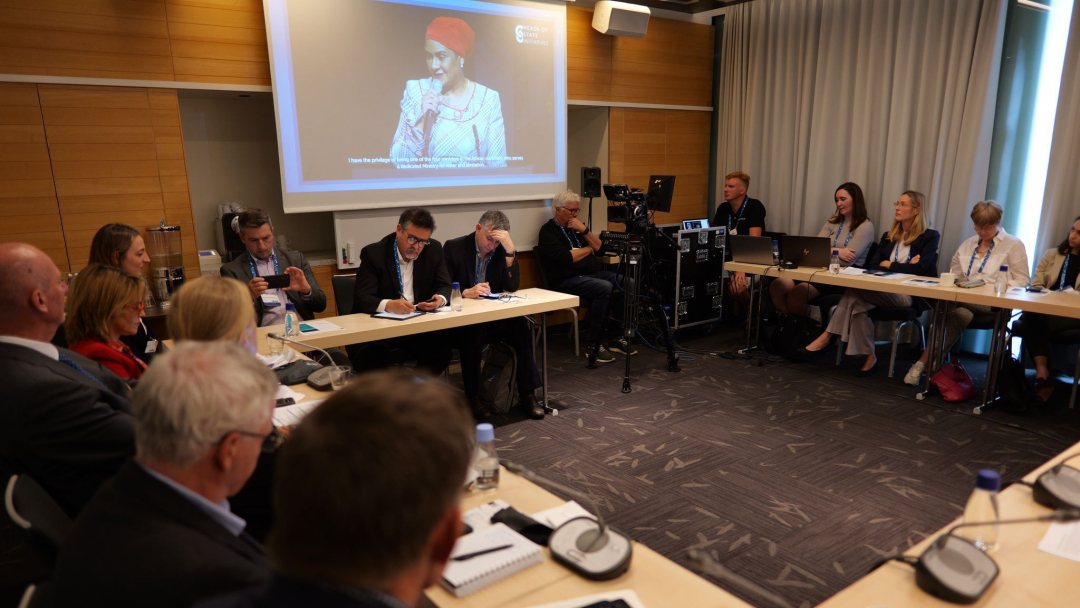

The political prioritisation of water and sanitation in Malawi and South Sudan is received by the Heads of State Initiatives as “an important step forward in improving public health, ending open defecation, and increasing climate resilience,” according to their press release. The Heads of the State Initiatives emerged from the joint agreement between the Government of the Netherlands, IRC WASH, UNICEF and Sanitation and Water for All (SWA) to work towards boosting political leadership to the very highest level for WASH. This global movement was introduced by the partnership at the UN Water Conference in New York in March 2023 and it aims to contribute to accelerate progress to achieve SDG 6 by 2030.
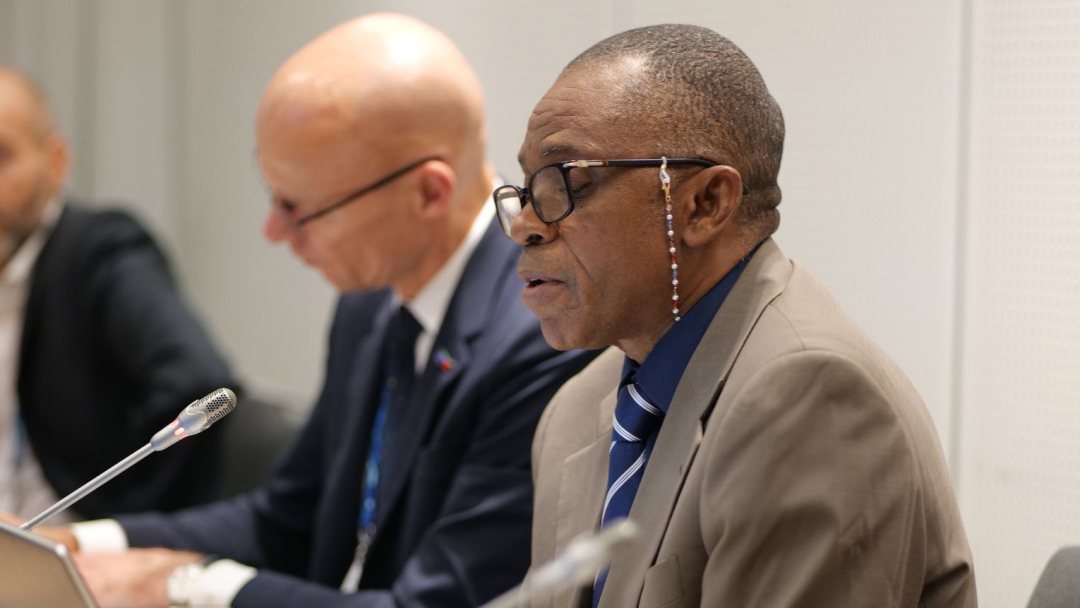

First mentor country
As one of the 832 actions on the UN Water Action Agenda, the Heads of State Initiatives showed its progress at the Stockholm World Water Week. Amongst others, members of the Initiatives discussed how to inspire other countries to join and announced that the Initiatives is building a framework to allow participating countries to learn from each other.
In addition, the Government of Nigeria announced that it has joined the Heads of State Initiatives as a Mentor Country. Nigeria has succeed in stopping open defecation. The country declared a state-of-emergency in the WASH sector and adopted a national action plan to revitalise this sector. A presidential order on a clean Nigeria has been issued to end open defecation by 2025. Nigeria wants to help other African countries to vitalize the wash sector.
Rebuilding the WASH sector
The Presidential Compacts on Water and Sanitation launched by Mawali and South Sudan imply clear commitments for the construction of their water and sanitation infrastructure.
Key Compact commitments include:
- Malawi: in support of the USD 145 million in funding received from the World Bank, the Compact will provide a blueprint for rebuilding WASH infrastructure and enhancing climate resiliency following the devastation from cyclone Freddy.
- South Sudan has reserved USD 56 million to bolster their Compact strategies, which include empowering communities to end open defecation by 2030.
Both Malawi and South Sudan aim at achieving full access to clean drinking water and clean toilets by 2030. A huge task given the fact that 70% of the Malawian population has basic access to water service delivery and only 27% to sanitation. South Sudan has an even bigger challenge ahead as only 11% of its population has access to basic sanitation.
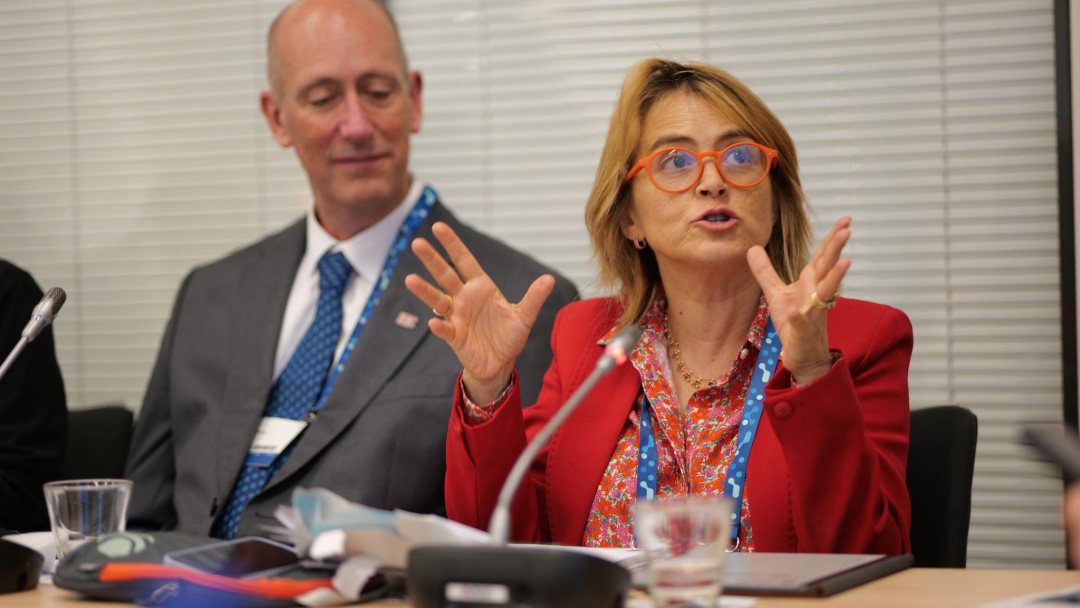

Groundbreaking approach
In Stockholm, SWA CEO Catarina de Albuquerque explained the importance of high political commitments: “To achieve water and sanitation for all by 2030, we we’ll need a roughly six-fold increase in current rates of progress worldwide. However, we won’t get there without ambition, action and accountability from presidents and prime ministers.”
According to IRC WASH CEO Patrick Moriarty, a groundbreaking approach is needed to achieve the SDG 6 by 2030. “We need to see water and sanitation as a service. And this service works as a system that requires investments, maintenance, and skilled people to do repairs. The whole system has to function in order to deliver. We developed a blueprint for a WASH system in development countries and can offer this to the countries that participate in the Heads of State Initiatives. We already support countries we work in with implementing this systemic approach, and we will be happy to do so for the countries that join the Initiatives”.




